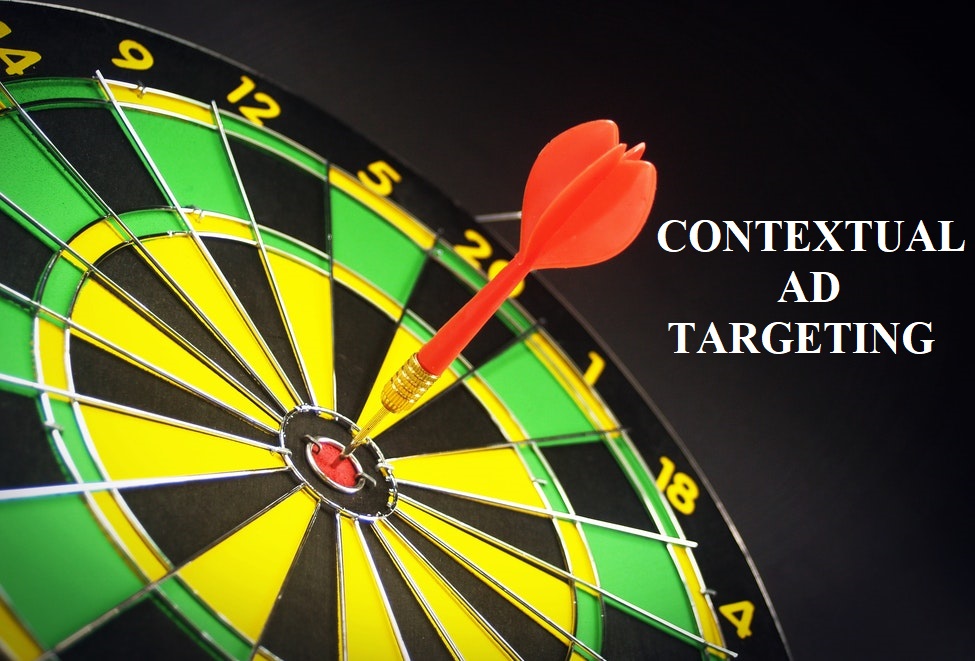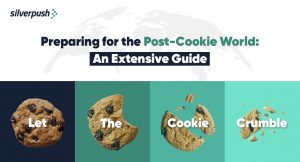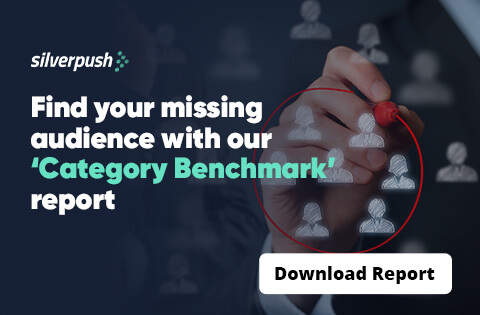Contextual Advertising Is More Cost-Efficient Than Behavioral Advertising | 02 Dec, 2021

Digital advertising has become an indispensable tool for marketers to achieve their advertising goals. Broadly speaking, there are two main types of digital advertising – behavioral and contextual.
The debate on contextual advertising vs behavioral advertising has always troubled the marketers. Behavioral advertising targets ads on the basis of user data such as websites visited, products viewed, purchase history, etc. It makes use of third-party cookies to reach consumers, irrespective of contextual relevance. On the other hand, contextual advertising involves showing ads that are contextually relevant to the content a user is consuming.
Major web browsers like Safari and Firefox have already blocked third-party cookies, and Google’s Chrome browser has started phasing out these cookies. Besides third-party cookies’ blocking, privacy regulations like the General Data Protection Regulation (GDPR) and the California Consumer Privacy Act (CCPA) have made it difficult for marketers to continue using behavioral advertising. As contextual advertising does not involve the use of consumers’ personal data, it appears to be the best alternative to behavioral advertising.
A recent research study has shown that contextual advertising is more cost-efficient than behavioral ad targeting. Four big companies took part in the study. Five campaigns were run in order to compare contextual advertising and behavioral advertising in terms of efficiency. The five campaigns included one behavioral advertising campaign and four contextual advertising campaigns. The four contextual advertising campaigns were run by four different contextual advertising companies.
All of the five campaigns were setup identically and used the same ad unit. The number of impressions was same for each of the campaigns. For comparing the cost efficiency of contextual advertising and behavioral advertising, three measures were considered, viz. – Cost per mille in-demo impressions or In-Demo eCPM (cost of reaching desired demographic), Cost per click or CPC, and Cost per mille viewable impressions or vCPM. For viewable impressions, Media Rating Council’s standard was followed, i.e., fifty percent of ad visible for at least one continuous second.
The study found that contextually targeted impressions were significantly less costly than behaviorally targeted impressions, contextual eCPM being thirty-six percent lesser than behavioral eCPM. The cost per click (CPC) for contextually targeted ads was found to be forty-eight percent lesser than the cost per click for behaviorally targeted ads. After considering CPMs for every ad line, the cost per mille viewable impressions (vCPM) for contextually targeted ads was found to be forty-one percent lower than behaviorally targeted ads.
The study concluded that for all of the three cost efficiency metrics, contextual ad targeting was significantly better than behavioral ad targeting.
It is clear that in the era of data privacy regulations and cookie-less browsers, contextual advertising not only offers an effective and safe way of targeting ads to consumers, but also provides more cost-efficiency than behavioral advertising.

BLOGS
Super Bowl Advertising: A Month-Long, Multi-Screen Event for Brands
For Americans, there are two events that they hyped for a whole year - Football season, and waiting for football season. Football remains highly popular among Americans, with searches for "NFL Draft" and viewership numbers showing an unwavering interest in the sport. According to Google Search data, football is more ...

BLOGS
Advertising in the Age of Climate Change: The Adoption of Carbon Emission Metrics
The urgency of the climate crisis is increasing, and the media industry is no exception. While some professionals are working to reduce their direct operational emissions, there is an urgent need for common standards to be set for indirect emissions that come from digital advertising. The digital advertising industry is becoming ...

BLOGS
Complete Guide to Reaching Audience with Cookieless Advertising
What’s your alternative game plan for effective cookieless advertising? Haven't thought about it yet? The time is now! Introduction The complete year of 2022 was dedicated to cookies! Panic is setting in amongst marketers owing to mounting privacy laws and the ban on cookies, causing them to re-evaluate their strategies.







